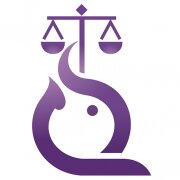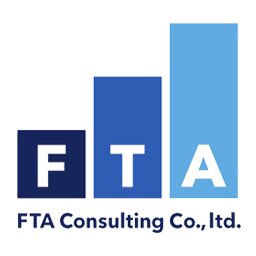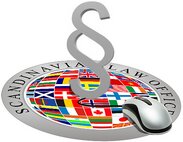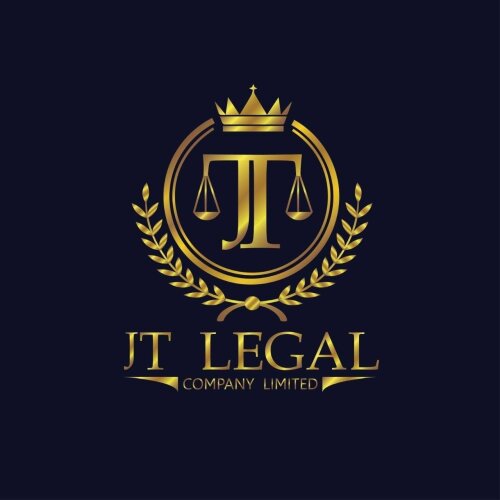About Energy Regulatory Law in Thailand
Energy Regulatory Law in Thailand governs the production, distribution, sale, and use of energy resources. This legal field primarily covers electricity, natural gas, renewable energy, and related infrastructures. The Energy Regulatory Commission (ERC) is the main authority responsible for supervising, licensing, and setting regulations for the energy sector. Energy laws are designed to ensure fair competition, protect consumers, promote energy efficiency, and support sustainable development. As Thailand pushes toward greater energy security and sustainability, regulatory frameworks play a crucial role in shaping investments and operations in the energy market.
Why You May Need a Lawyer
Energy Regulatory Law involves complex processes and ever-changing regulations which can lead to challenges for both corporations and individuals. You may require a lawyer in situations such as:
- Applying for or renewing a license to generate, distribute, or sell electricity or gas
- Navigating government approvals for energy projects
- Negotiating power purchase agreements (PPAs) or supply contracts
- Complying with renewable energy initiatives and incentive programs
- Addressing disputes with regulatory bodies or between market participants
- Tackling environmental compliance and land-use regulations
- Ensuring proper adherence to tariffs, pricing, and consumer protection obligations
- Participating in cross-border energy trading
- Responding to regulatory investigations or enforcement actions
- Managing mergers, acquisitions, or restructuring in the energy sector
Local Laws Overview
Thailand’s energy regulatory landscape is shaped by several key statutes and policies. The Energy Industry Act B.E. 2550 (2007) is the primary law that established the ERC and outlines the licensing and regulatory framework for electricity and natural gas businesses. The Renewable Energy Act and relevant ministerial regulations promote investment in renewable energy and set standards for deployment. Laws on Public Private Partnerships (PPPs) also impact large energy infrastructure projects. Developers must also comply with environmental laws, customs and tax regulations, and specific rules on foreign investment. Tariff structures are regulated to ensure fair pricing for consumers while maintaining reasonable returns for investors. Regular updates to regulations require energy sector participants to stay informed and compliant.
Frequently Asked Questions
What is the role of the Energy Regulatory Commission (ERC) in Thailand?
The ERC oversees licensing, monitors compliance with regulations, and sets tariffs for electricity and natural gas businesses in Thailand. It aims to promote fair competition, protect consumer rights, and encourage sustainable energy development.
Do I need a license to generate renewable energy in Thailand?
Yes. You must apply for a license from the ERC to generate and sell renewable energy. There are specific requirements and processes tailored to the scale and technology of your project.
What agreements are commonly used in energy projects?
Power Purchase Agreements (PPAs) are fundamental contracts between energy producers and buyers. Other common agreements include engineering, procurement, and construction (EPC) contracts, operation and maintenance (O&M) agreements, and supply contracts.
Are foreign investors allowed to own energy businesses in Thailand?
Foreign ownership in energy businesses may be restricted, particularly in critical infrastructure. However, exceptions, joint ventures, and special incentives may apply depending on the project type and government policies.
How are energy tariffs determined?
The ERC sets and reviews energy tariffs to strike a balance between investment returns and consumer protection. Tariff calculations account for operational costs, investment, and market factors.
What is the process for obtaining project approval?
The approval process typically involves submitting an application, environmental impact assessment (EIA) (for larger projects), public consultations, and meeting technical and financial requirements laid out by the ERC and related agencies.
How does Thailand support renewable energy development?
Government policies provide incentives such as feed-in tariffs, tax breaks, low-interest loans, and streamlined licensing for renewable energy projects to support the growth of solar, wind, biomass, and other renewable sources.
What are the main compliance obligations for energy businesses?
Businesses must comply with licensing conditions, safety standards, environmental regulations, consumer protection laws, and regular reporting requirements set by the ERC and other authorities.
Can disputes with the ERC or other energy stakeholders be appealed?
Yes. There are formal procedures for appealing ERC decisions or resolving other regulatory or contractual disputes, often involving administrative courts or arbitration panels.
How can I stay updated on regulatory changes?
Regulatory updates are published on official government platforms and through industry associations. Consulting with a lawyer specialized in energy law ensures timely and accurate guidance.
Additional Resources
Consider these resources for further information and assistance in Energy Regulatory Law in Thailand:
- Energy Regulatory Commission (ERC) - the main regulatory authority in the sector
- Ministry of Energy - policy-maker and oversight body for the national energy strategy
- Department of Alternative Energy Development and Efficiency (DEDE) - focuses on renewable and alternative energy initiatives
- Thailand Board of Investment (BOI) - information on investment incentives for energy projects
- Thailand Greenhouse Gas Management Organization (TGO) - oversees climate and carbon initiatives
- Industry associations and chambers of commerce - provide support and industry updates
Next Steps
If you need legal assistance in Energy Regulatory Law, consider the following steps:
- Identify your specific legal issue or business need
- Gather all relevant documents and information concerning your project or inquiry
- Consult with a reputable law firm or lawyer who specializes in energy regulatory matters in Thailand
- Discuss your goals, timelines, and any concerns during an initial consultation
- Work closely with your legal advisor to ensure all regulatory requirements are met and to address any potential disputes or compliance issues
- Stay proactive in addressing regulatory updates and maintaining compliance to avoid legal complications
A legal expert can help you navigate complex processes, avoid costly mistakes, and achieve your objectives within Thailand’s dynamic energy sector.
Lawzana helps you find the best lawyers and law firms in Thailand through a curated and pre-screened list of qualified legal professionals. Our platform offers rankings and detailed profiles of attorneys and law firms, allowing you to compare based on practice areas, including Energy Regulatory Law, experience, and client feedback.
Each profile includes a description of the firm's areas of practice, client reviews, team members and partners, year of establishment, spoken languages, office locations, contact information, social media presence, and any published articles or resources. Most firms on our platform speak English and are experienced in both local and international legal matters.
Get a quote from top-rated law firms in Thailand — quickly, securely, and without unnecessary hassle.
Disclaimer:
The information provided on this page is for general informational purposes only and does not constitute legal advice. While we strive to ensure the accuracy and relevance of the content, legal information may change over time, and interpretations of the law can vary. You should always consult with a qualified legal professional for advice specific to your situation.
We disclaim all liability for actions taken or not taken based on the content of this page. If you believe any information is incorrect or outdated, please contact us, and we will review and update it where appropriate.
















